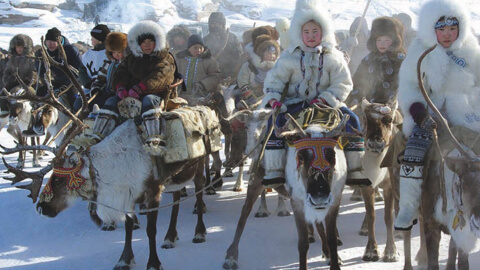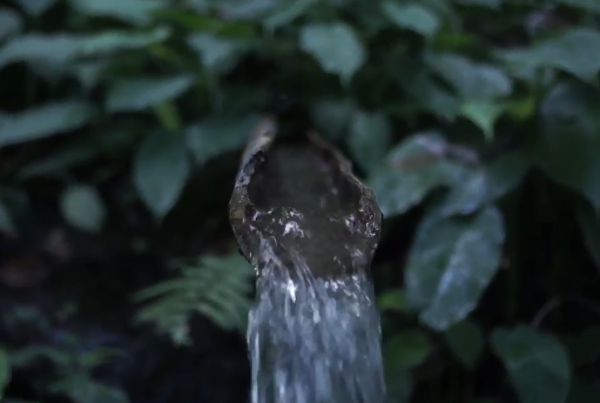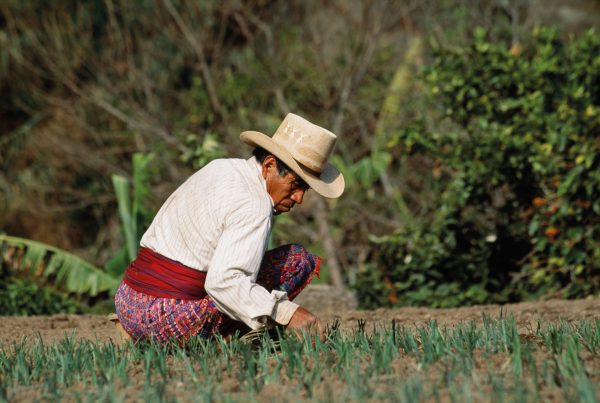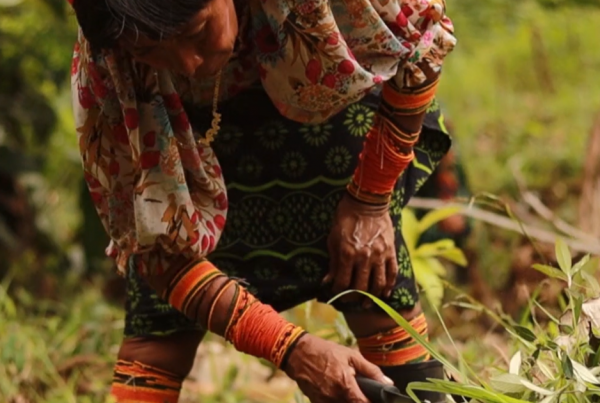The Arctic Council is a leader in the inclusion of indigenous peoples in strategic planning for sustainable development. Out of a total of 4 million inhabitants of the Arctic, approximately 500,000 are indigenous.
Indigenous peoples’ organisations have been granted Permanent Participants status in the Arctic Council, with full consultation rights in the Council’s negotiations and decisions. The Permanent Participants represent a unique feature of the Arctic Council, making valuable contributions to its activities in all areas. The guiding tenet of the Arctic Council’s Sustainable Development Working Group (SDWG) is to pursue initiatives that provide practical knowledge and contribute to building the capacity of indigenous peoples and Arctic communities to respond to the challenges, benefits and opportunities in the Arctic region. The SDWG also contributes to Arctic Council priority areas including Arctic human health, Arctic socio-economic issues, Arctic cultures and languages, adaptation to climate change, energy and Arctic communities, and management of natural resources, taking into account issues such as increases in shipping, petroleum activities, fishing and mining as well as external influences such as climate change and variability.
Intense interactions and binding relationships with reindeer are an integral aspect of the indigenous values associated with the Arctic environment, which are being transmitted across the generations in Saha-Yakutia, Russian Arctic Region. Courtesy Polina Shulbaeva
Author
- Forest Peoples Programme
Ecosystems
- Arctic
Topics
- Governance
Type
- Short-form
Date
- This case study forms part of LBO-1, originally released in 2016.



